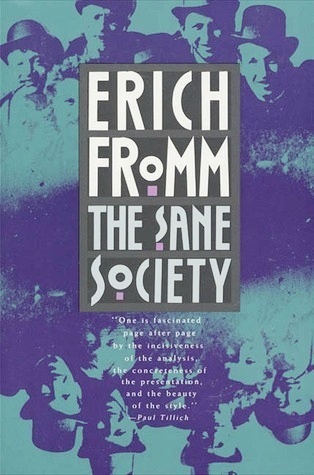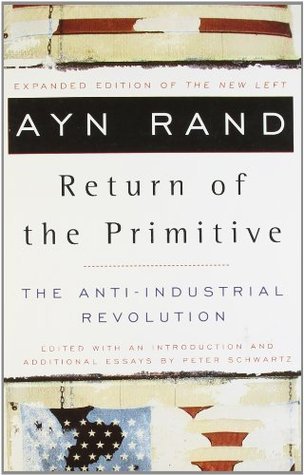
One-Dimensional Man: Studies in the Ideology of Advanced Industrial Society
Book Description
Imagine a world where technology and consumerism have smothered individuality and critical thought. In "One-Dimensional Man," Herbert Marcuse unravels the insidious ideology that thrives in advanced industrial societies, revealing how conformity becomes a cage for human potential. With razor-sharp analysis, he confronts the illusion of freedom and the monotony of a society that prizes efficiency over creativity. As the pulse of the modern world quickens, Marcuse ignites a call to challenge the status quo and rediscover the power of dissent. Can we break free from the shackles of one-dimensional thinking before it's too late?
Quick Book Summary
"One-Dimensional Man" by Herbert Marcuse is a critical analysis of advanced industrial societies and their impact on human freedom and thought. Marcuse argues that technological progress and consumerism, instead of liberating individuals, have produced a silencing conformity and a "one-dimensional" way of thinking. People become absorbed in consumption, entertainment, and the superficial freedoms offered by industrial capitalism, losing the capacity for critical thought and true dissent. The system neutralizes opposition by integrating it, reducing radical potential. Marcuse warns that technological rationality serves existing power structures, masking exploitation and control under the guise of progress. The book is both a warning about the dangers of passive acceptance and a call to revive critical consciousness and challenge the status quo.
Summary of Key Ideas
Table of Contents
Technological Rationality and Social Control
Marcuse begins by examining how technological rationality shapes modern societies. He suggests that technological progress, while promising liberation, has instead become a mechanism for deeper social control. Tools and systems designed for efficiency and productivity reinforce existing power structures, creating a rational world that serves authority rather than individual freedom. People internalize this logic, accepting systems as given and inevitable, which subtly constrains both thought and behavior. As technical systems expand, so does the reach of social domination, embedding control into everyday life.
The Loss of Critical Thought and Dissent
A central concern of Marcuse is the erosion of critical thought. Advanced industrial societies foster a "one-dimensional" mindset, where citizens are encouraged to accept facts, official narratives, and social realities without question. Thinkers and workers alike become more focused on immediate tasks and practical solutions, rather than engaging in critical, oppositional thinking. Intellectual and political dissent lose force, as alternative visions are dismissed as "unrealistic" in the technocratic status quo. This flattening of thought reduces the capacity to imagine or pursue genuine social change.
Consumerism and False Needs
Consumerism plays a crucial role in maintaining this one-dimensionality. Marcuse distinguishes between "true needs" (essential for survival and well-being) and "false needs" (created by the system to reinforce conformity and consumption). Through advertising and media, people are conditioned to desire products and experiences that ultimately serve to stabilize the existing order. Fulfillment of these false needs gives the illusion of freedom, masking real constraints on individual potential and autonomy.
Integration and Neutralization of Opposition
Marcuse explores how advanced industrial societies integrate opposition and dissent, neutralizing potentially radical social forces. Political, artistic, and cultural resistance becomes co-opted, turned into harmless expressions or absorbed into the mainstream. This integration diffuses protest and preserves the status quo. Even forms of critique that appear subversive are often rendered ineffective by their assimilation. The system’s ability to adapt and incorporate change minimizes the possibility of meaningful opposition or revolution from within.
Possibilities for Resistance and Liberation
Despite the bleakness of one-dimensional society, Marcuse remains cautiously hopeful about the prospects for liberation. He calls for a revival of critical consciousness and encourages individuals to engage in dialectical thinking—questioning the given order and imagining new possibilities. Marcuse suggests that marginalized groups, or those excluded from technological integration, may contain the seeds of dissent. The struggle for a society that enables true freedom and human potential, he contends, requires sustained resistance to the normalizing forces of technological and consumer rationality.
Download This Summary
Get a free PDF of this summary instantly — no email required.





